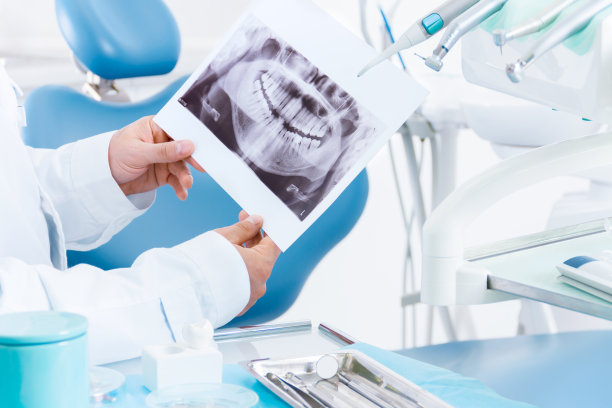The Importance of Tooth Extraction in Maintaining Oral Health and Preventing Future Dental Complications
Summary: Tooth extraction is often viewed as a last resort in dental care, but it plays a critical role in preserving oral health and preventing future complications. The necessity of extraction can arise from various conditions such as severe decay, overcrowding, or trauma. This article explores four key aspects of tooth extraction: its role in preventing the spread of decay, managing orthodontic issues, alleviating pain caused by problematic teeth, and maintaining overall oral hygiene. Each point highlights how tooth extraction can lead to improved dental health and long-term well-being. Understanding these factors underscores the importance of timely dental intervention and reinforces why tooth extraction can be essential for optimal oral health.
1. Preventing the Spread of Decay

Tooth decay is a widespread issue that, if left untreated, can lead to more severe health problems. When a tooth is severely decayed, it can harbor bacteria that contribute to further degradation of surrounding teeth. Tooth extraction serves as a preventive measure, halting the decay progression and protecting adjacent teeth from potential infection.
Moreover, extracting a decayed tooth can enhance oral health by allowing the rest of the mouth to recover and regain balance. When the source of infection is eliminated, it becomes easier to maintain proper dental hygiene, reducing the likelihood of cavities in nearby teeth.
Ultimately, timely tooth extraction can be a proactive approach to oral health care, ensuring that decay does not create a domino effect that compromises the dental structure over time.
2. Managing Orthodontic Issues Effectively
Orthodontic treatment often necessitates tooth extraction to make space for properly aligning the remaining teeth. In cases of overcrowding, removing certain teeth can create a more balanced alignment, facilitating the overall process of achieving a straight and aesthetically pleasing smile.
In addition to improving appearance, correcting alignment also contributes to better oral health. When teeth are correctly positioned, they are easier to clean, which minimizes the risk of plaque buildup, tooth decay, and gum disease. Thus, extraction can be an integral part of an effective orthodontic strategy.
Furthermore, managing orthodontic issues through extractions has shown to improve bite function. This enhancement promotes better chewing and can reduce strain on the jaw, leading to a more comfortable and functional oral environment.
3. Alleviating Pain and Discomfort
Many dental patients experience significant pain and discomfort due to problematic teeth, such as those that are impacted or severely decayed. In these instances, extraction becomes a necessary solution to eliminate pain and restore quality of life. Teeth that have become infected or abscessed can cause intense discomfort, making everyday activities like eating and speaking challenging.
The relief that follows tooth extraction is often immediate, significantly reducing discomfort and allowing patients to return to their normal routines without constant distraction. Post-extraction, many individuals report a considerable improvement in overall health and well-being, as they no longer contend with the persistent pain from their problematic teeth.
Moreover, by addressing painful dental issues promptly through extraction, individuals can prevent further complications such as the spread of infection or the development of advanced gum disease, ensuring their path to recovery is efficient and effective.
4. Maintaining Overall Oral Hygiene
Tooth extraction can significantly enhance oral hygiene for patients dealing with significant dental issues. When problematic teeth are removed, it becomes easier to navigate the mouth during routine cleaning. Patients can better access all areas, leading to higher efficacy in their oral hygiene practices.
Furthermore, fewer teeth in the mouth mean a lower risk of debris and plaque accumulation. This reduction can lead to healthier gums and teeth, as fewer areas present opportunities for bacteria to thrive. By improving maintenance, extractions can considerably contribute to long-term oral health.
Lastly, patients are often encouraged to adopt better oral hygiene practices after extractions. The experience can serve as a wake-up call, prompting a more diligent approach to dental care and promoting a healthier pattern in the long run.
Summary: Tooth extraction is a significant aspect of dental health that addresses issues such as decay, overcrowding, and pain management. By preventing the spread of decay, managing orthodontic needs, alleviating discomfort, and improving oral hygiene, extractions can lead to enhanced overall dental health. The process, when guided by a professional, paves the way for better oral care practices and future health.
This article is compiled by Vickong Dental and the content is for reference only.



